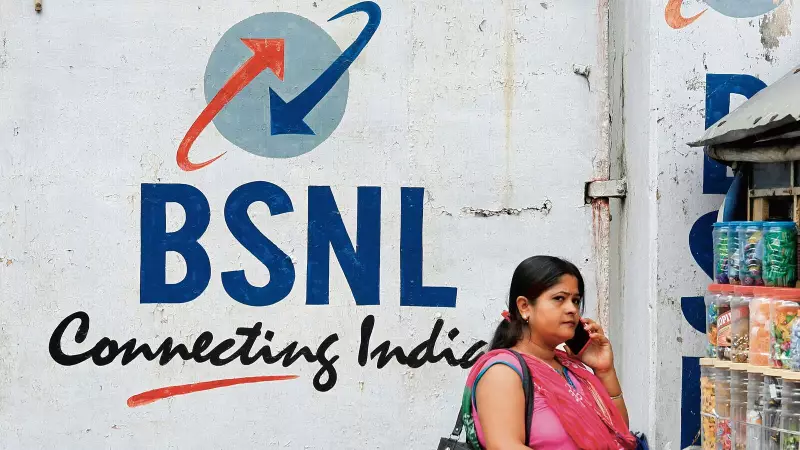
India's state-owned telecom operator BSNL is poised to make a significant comeback with its long-awaited 4G services launch, potentially disrupting the current market dynamics dominated by private players Reliance Jio and Bharti Airtel.
Financial Revival Signals Positive Momentum
Recent Q2 financial results reveal encouraging signs for the public sector undertaking. BSNL has demonstrated improved operational metrics, including growth in Average Revenue Per User (ARPU) and expanding its mobile subscriber base. This financial uptick comes at a crucial time as the company prepares for its most significant technological upgrade in years.
The 4G Game-Changer
The impending 4G rollout represents more than just technological advancement for BSNL—it's a strategic move to reclaim market share and compete effectively in India's rapidly evolving telecom landscape. Industry analysts suggest this launch could:
- Intensify price competition in the telecom sector
- Provide consumers with more choices and better services
- Boost government revenue from the telecom sector
- Improve digital connectivity in rural and remote areas
Market Impact and Consumer Benefits
BSNL's entry into the 4G space is expected to create healthy competition that could benefit millions of Indian mobile users. With the telecom giant's extensive infrastructure and pan-India presence, consumers might see improved service quality and potentially more competitive pricing across the board.
Strategic Importance for Digital India
The successful implementation of BSNL's 4G services aligns with the government's Digital India vision, ensuring that state-backed telecom infrastructure keeps pace with private sector advancements. This development could play a crucial role in bridging the digital divide and enhancing connectivity across the nation.
As BSNL prepares for this transformative launch, all eyes are on how this public sector challenger will reshape the competitive dynamics of Indian telecommunications in the coming months.





